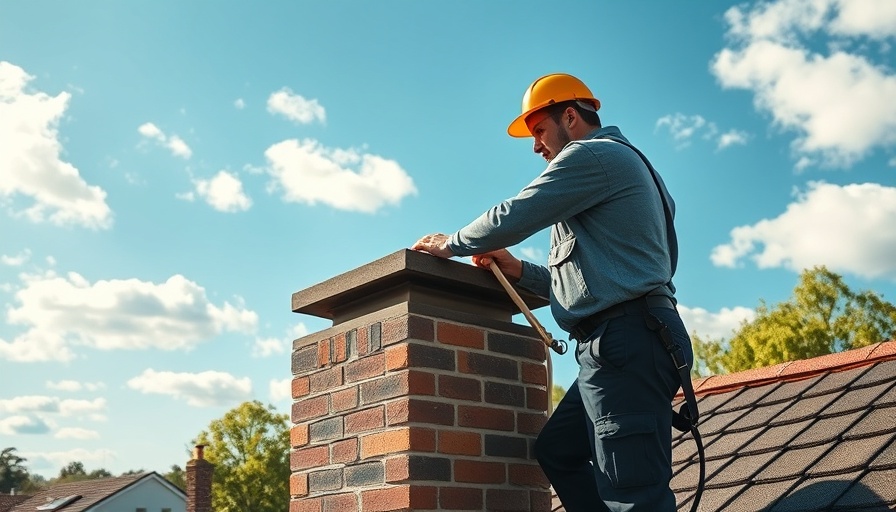
Understanding the Role of Home Inspectors in Fireplace and Chimney Evaluations
When it comes to purchasing or selling a home, the significance of a thorough home inspection cannot be overstated. Homeowners often wonder, do home inspectors check fireplaces and chimneys? The answer is yes, but with crucial limitations. Home inspectors typically conduct a visual examination of the fireplaces and chimneys, focusing on accessible areas. However, they are not equipped or trained to perform in-depth inspections that assess the internal structures of these systems.
The Limitations of a Standard Home Inspection
As part of their assessment, home inspectors look for visible signs of issues, such as:
Structural damage to the fireplace or chimney
Obvious blockages or obstructions
Creosote accumulation
Deterioration of chimney components like caps and crowns
Cracks or loose bricks in the firebox
However, their inspection often stops short of examining deeper problems. For instance, home inspectors lack the tools necessary to determine the condition of the flue liner or check for hidden combustibles that have warped from heat exposure. This is where the expertise of certified chimney inspectors comes into play.
Why You Should Consider a Certified Chimney Inspection
Given that the typical home inspection might overlook critical issues, obtaining a Level 2 inspection by a certified chimney specialist is highly recommended, especially during a real estate transaction. This specialized evaluation delves deeper than what a home inspector can provide. It typically involves:
Internal and external inspections of the chimney
Utilization of video technology to inspect the chimney's internal structure
Assessment of areas such as the attic, crawl spaces, and roof
Such a detailed analysis can uncover problems like excessive creosote buildup—an immediate fire hazard, structural weaknesses, or airflow obstructions that could lead to costly repairs.
Cautions for Homebuyers: Common Oversights in Home Inspections
Unfortunately, many potential homeowners assume that the home inspector's report will comprehensively cover all fire-related systems. In practice, many vital details remain unaddressed, including:
Condition of chimney liners
Presence of hidden cracks or flaws
Historic issues, such as previous chimney fires
For example, a survey conducted indicated that up to 90% of deficiencies related to fireplaces and chimneys may be omitted from home inspection reports. Buyers often find themselves surprised—if not alarmed—by the findings that emerge post-purchase.
Getting the Full Picture: When a Home Inspector Refers
Post-inspection, home inspectors frequently recommend homeowners consult with certified chimney specialists for further evaluations. This is critical because the visible examination performed by the inspector lacks depth. Technicians specializing in chimney assessments have the training and technology to accurately diagnose any issues, ensuring that the fireplace is not only functional but also safe for use.
Conclusion: Ensure Your Home is Safe and Sound
Before finalizing your home purchase, understanding the limitations of a standard home inspection regarding fireplaces and chimneys is paramount. A certified chimney inspection is a proactive step towards preventing future hazards and costly repairs. Homeowners deserve a safe and thoroughly inspected home, and investing in professional assessments ensures that critical areas are not neglected. For any prospective buyers or current homeowners, schedule a certified inspection today to secure peace of mind.
#fireplaceinspection, #chimneyinspection, #homeinspectionlimits, #certifiedchimneyinspection, #safetyhazards, #hiddenissues, #realestatetransactions, #fireplaceevaluation, #chimneyevaluation, #homebuyersafety
 Add Row
Add Row  Add
Add 




 Add Row
Add Row  Add
Add 


Write A Comment